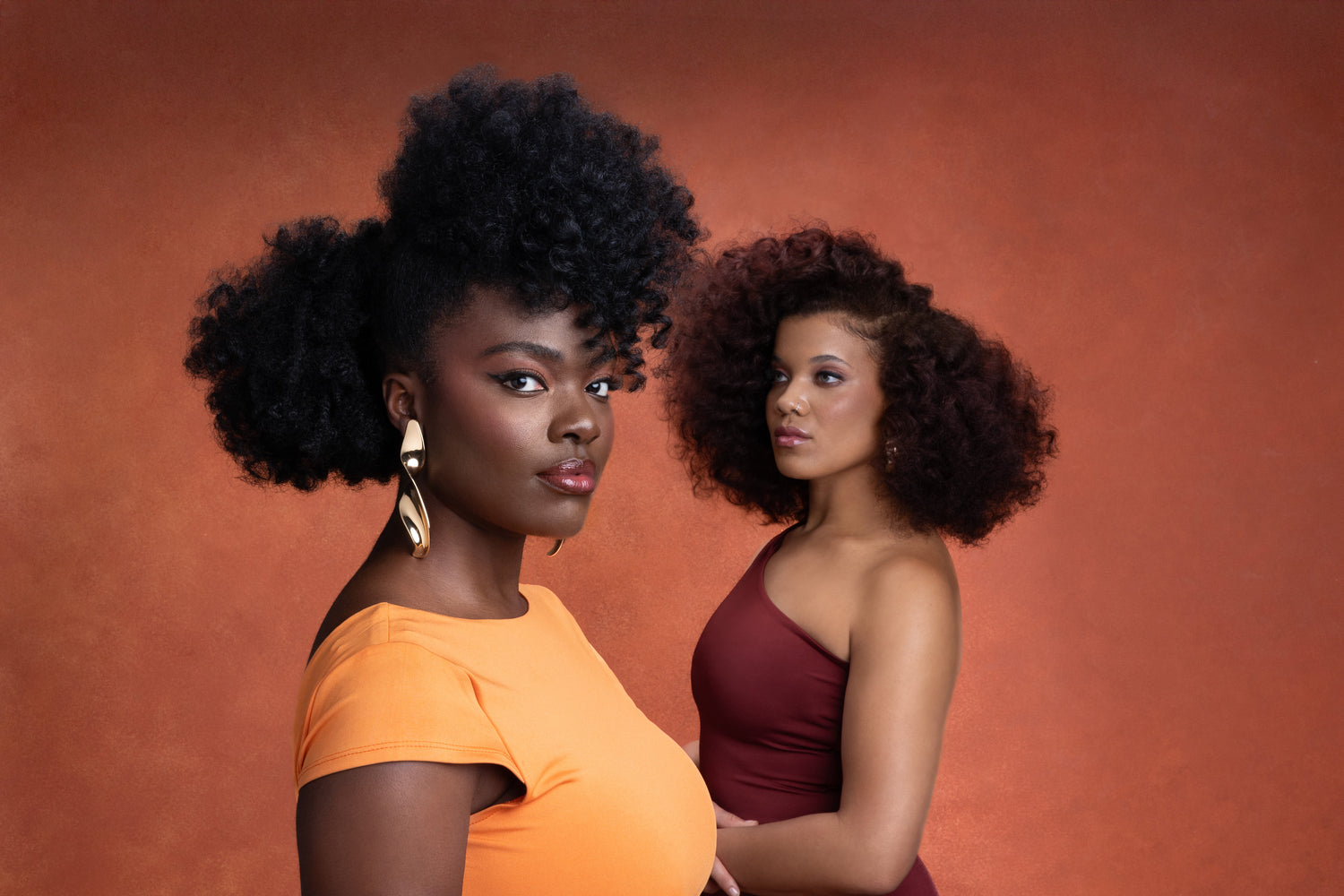Dandruff vs Dry Scalp – do your scalp issues have you confused? It’s very easy to confuse dandruff and dry scalp as the symptoms can be similar. But we’re here to help you decipher the difference. So you can finally know whether you actually have dandruff or if your scalp is just dry. Read on to discover more.
Dandruff vs. Dry Scalp: Symptoms & Causes
As we mentioned, you may confuse dandruff with dry scalp as they both have similar symptoms like flaking and itchiness.
However, a dry scalp is a condition where the scalp skin is dry/not moisturised enough (for multiple reasons), and is characterised by white, tiny, dry flakes, these are common dry scalp symptoms.
Dry scalp triggers include:
- Weather changes, such as the cold and dry air
- Contact dermatitis/ allergic reaction: this is a common cause of a dry scalp. We encourage everyone to learn how to understand the ingredient list on your products. Why? Because a lot of mainstream products contain artificial fragrances which can cause asthma, eczema, muscle pain, bloating, sinus pain, fatigue, eye irritation, gastrointestinal problems, headaches, dizziness and burning or itching skin irritations.
- Product build up: this can occur when the scalp comes in continuous contact with products and the scalp isn’t being properly cleansed or using products that aren’t designed for the scalp.
While dandruff is also known as seborrheic dermatitis and is caused by the overgrowth of Malassezia yeast. All scalps are home to this Malassezia yeast (so no need to be alarmed!) but when the production of this yeast goes into overdrive it can result in dandruff. Many people wonder is dandruff caused by dry scalp, but in reality, dandruff is caused by yeast imbalance, not dryness.
If you have dandruff, you’ll notice that your scalp will have large, yellowish flakes, as well as being oily, red and itchy.

To help, we’ve created a simple table to help you decipher if you have dandruff or dry scalp (you can right hand click to save and reference later!).
Dandruff vs. Dry Scalp: Treatment
For a dry scalp and very mild dandruff, you could use a mild cleansing shampoo (we suggest Swish) as it will cleanse your scalp effectively but at the same time help improve the barrier function, as it won’t damage your skin too much like 'harsher' ingredients.

You could also use a scalp oil (we suggest Soothe or Nourish) as it would create an occlusive barrier on top of your skin and help trap all the natural moisturising factors and water within your skin.
If you have dandruff, traditional and most widely used treatments are active-containing shampoos. Dandruff can be treated with antifungal agents such as Zinc pyrithione, Selenium sulphide with the possible conjunction with keratolytic agents like Salicylic acid and Sulphur and/or anti-itch agents like Coal tar. We would suggest you check with your GP or a trusted trichologist for the most suitable treatment for you.
Related Articles:
Itchy Scalp? Here's What You Should Know


